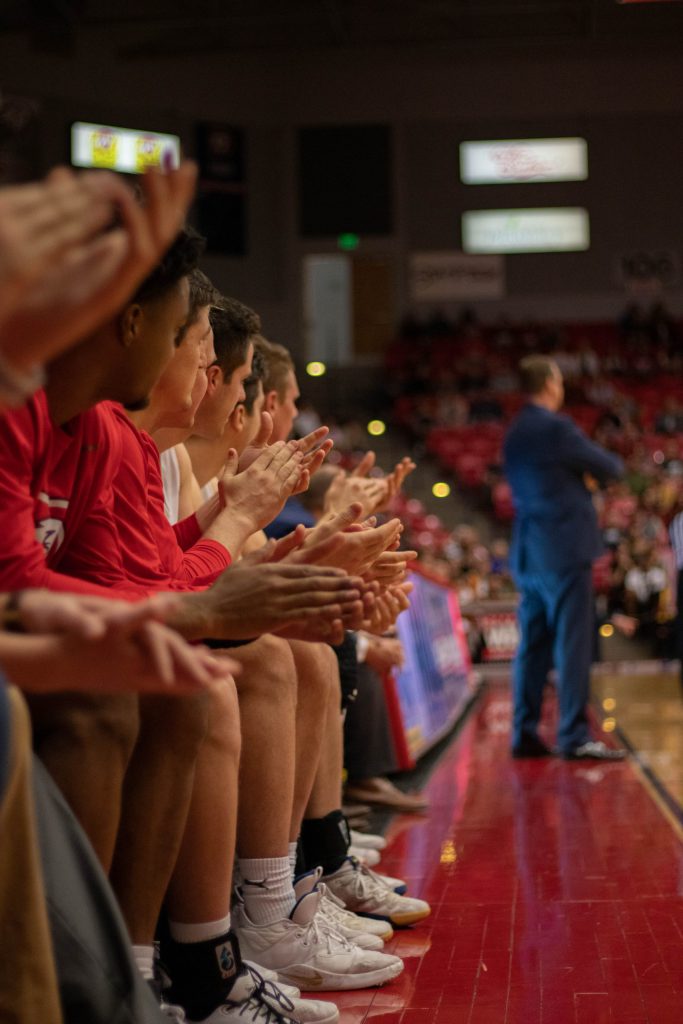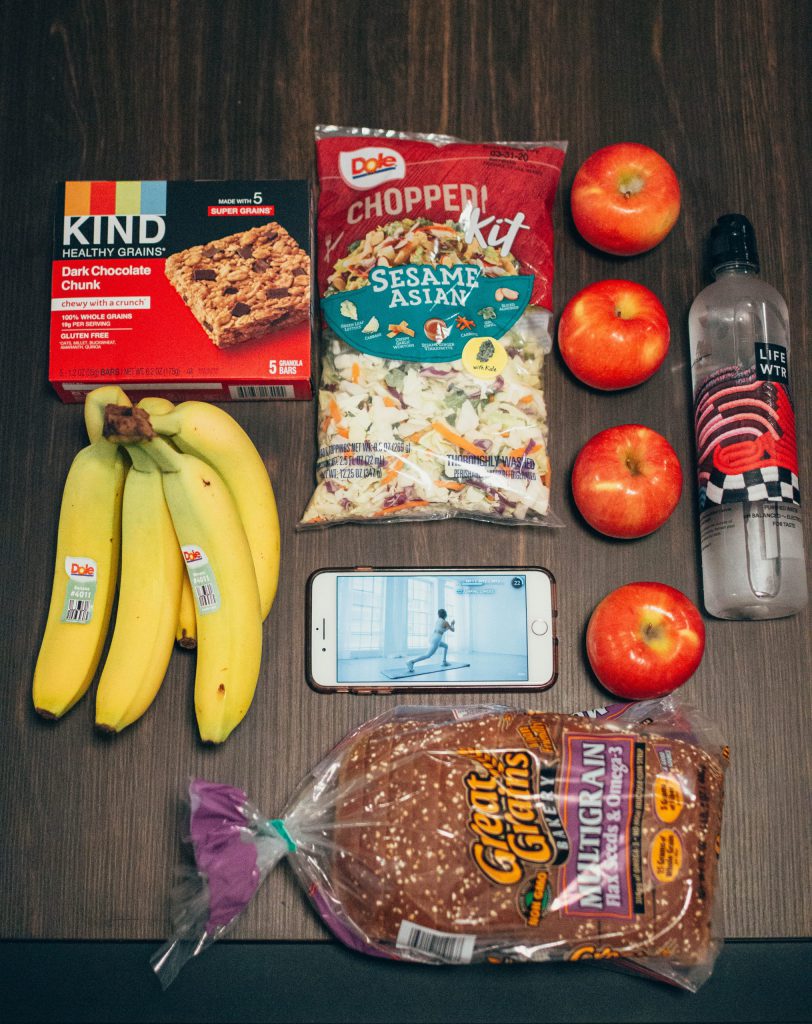Cost seems to be a big issue for students wanting to hit the slopes this winter season.
Micah Spillman, a junior accounting major from St. George, said skiing and snowboarding are not cheap hobbies. With the cost of a lift pass, owning or renting the equipment, and the gas to get to and from the mountain, Spillman said it’s part of the reason why he doesn’t go as often anymore.
Spillman said it is definitely worth getting season lift passes and season rentals for those who go often.
Located between Brian Head Peak and Navajo Peak, Brian Head Resort features 71 trails for skiing and snowboarding.
Brian Head’s season passes for adults run $459 to $579. Depending if you go for a full or half-day, lift prices for adults run $49 to $56. If you don’t have your own equipment, ski and snowboard rentals for a half-day run $24 to $29. Rentals for a full day are $30 to $35.
For students who don’t go as much, there are ways to make a snowboarding or ski trip cheaper.
Spillman used to take a shuttle service that would go up to Beaver Mountain.
“If you’re going up by yourself, [a shuttle] is a much cheaper way to go than actually paying for your own gas,” Spillman said.
Brian Head offers a few ways to get up to the resort. Mountain Express Shuttle picks up passengers at the Crystal Inn in Cedar City for $15 round trip. For people traveling from Las Vegas, there are Power Sports Package tour buses that make regular trips from Las Vegas to Brian Head Resort. Other than that, driving is the remaining option.
Taschia Ritter, a freshman integrated studies major from Minot, N.D., has never gone snowboarding before, but she knows trips like this can be expensive. She said carpooling can help relieve some of the cost.
If you want to carpool instead of driving, the site theskilift.org is a place where you can meet other skiers and snowboarders who are also looking to save money by carpooling.
Another way to help reduce the cost is to find discounts.
Michelle Cracroft, a junior communication major from Sandy, usually gets season passes as a Christmas present from her parents. She said there are student and group discounts people can get when purchasing a season pass.
In the Starving Student card, there are buy-one-get-one-free rentals for skiing and snowboarding at Brian Head.
Bryar Topham, a freshman CIT major from Delta, said skiing or snowboarding should be on people’s bucket list of things to try.
Here are some tips for those who plan to experience the two hobbies.
First, wear warm clothes and dress in layers.
“A lot of people know it’s going to be cold on the mountain, so they bundle up big time, and yes, it’s cold, but you’re moving,” Spillman said. “It’s amazing how much you can sweat when you’re in 12-degree weather.”
Lauren Cummings, a sophomore communication major from Tooele, said it’s nice to have more layers than not enough. She also said it’s good to wear plenty of socks.
“It sucks when your feet are so cold and you can’t control them anymore,” Cummings said. “You’re just S.O.L.”
Second, go on a sunny day after it’s snowed so you’ll be on pure powder.
“For your first time I would probably want to go on a sunnier day, “Cracroft said. “If you’re learning something that’s already frustrating, having snow blowing in your face would probably make it that much more frustrating.”
Cracroft also said to go right after it’s snowed to avoid hitting ice patches that make falling hurt even more.
“You are going to be miserable, and your tailbone is going to be bruised,” Cracroft said.
Third, if you start to fall, avoid falling on your butt.
Cummings has broken her tailbone while snowboarding. To help prevent that, she said to fall forward.
“I would say fall forward and land on your elbows,” Cummings said. “Don’t put your hands out because you’ll either break your wrists or get [your sleeves] full of snow.”
Fourth, buy or rent tinted goggles and cover your face as much as possible.
Topham suggests either buying or renting tinted goggles to prevent snow blindness caused from the sun reflecting off the snow.
Cummings said to cover your face as much as you can.
“Wear something over your face because wind burn is almost worse than sunburns,” Cummings said. “It hurts bad.”
Fifth, don’t go in expecting a lot. It’s OK to be bad your first time.
“Don’t think you’ll be really good because it is really hard,” Cummings said.
Sixth, try to relax.
“It seems like whenever anybody tries anything new they get so uptight and so tense about it,” Spillman said. “It doesn’t matter what it is that you’re trying, you’re not going to enjoy it if you’re that tense.”
Last but not least, have fun and go with friends—preferably ones that have gone before so they can help you become better.
“I would just say have fun,” Topham said. “Don’t stress it, and go with people that have gone before.”



